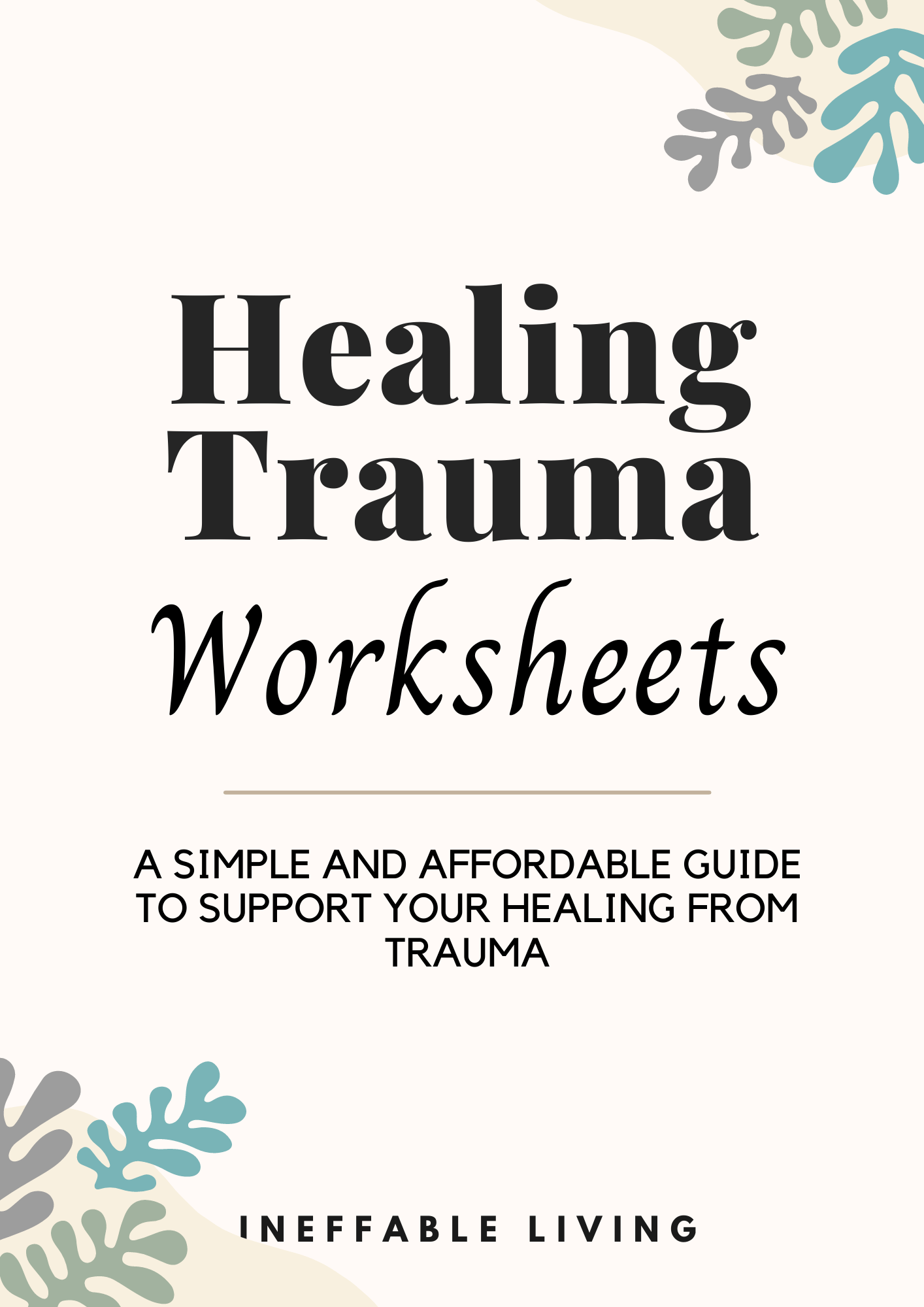1. Reflect on recent instances when you believe you engaged in self-sabotaging behaviors. What were the circumstances, triggers, or underlying emotions that may have contributed to these actions?
2. Consider any recurring negative thought patterns or limiting beliefs that fuel self-sabotage. How do these thoughts influence your self-perception and decision-making?
3. Explore the fears or anxieties that may be driving self-sabotaging behaviors. What are you afraid of, and how might these fears be manifesting in the form of self-sabotage?
4. Reflect on your relationship with self-worth and self-compassion. In what ways do feelings of inadequacy or unworthiness play a role in your tendency to self-sabotage?
5. Consider past experiences or influences that may have contributed to the development of self-sabotaging tendencies. How have these factors shaped your beliefs and behaviors?
6. Reflect on the potential benefits or perceived safety of maintaining the status quo, even if it involves self-sabotaging behaviors. What comfort or familiarity might you associate with staying in this pattern?
7. Explore the concept of self-care and self-respect in relation to self-sabotage. How can prioritizing your well-being and setting healthy boundaries serve as a counterbalance to self-sabotaging tendencies?
8. Consider the impact of self-criticism and perfectionism on your propensity for self-sabotage. How can cultivating self-compassion and embracing imperfection help shift this pattern?
9. Reflect on any potential secondary gains or hidden payoffs associated with self-sabotaging behaviors. What needs or desires might these behaviors be attempting to fulfill, even if unconsciously?
Self-Sabotage Worksheets





